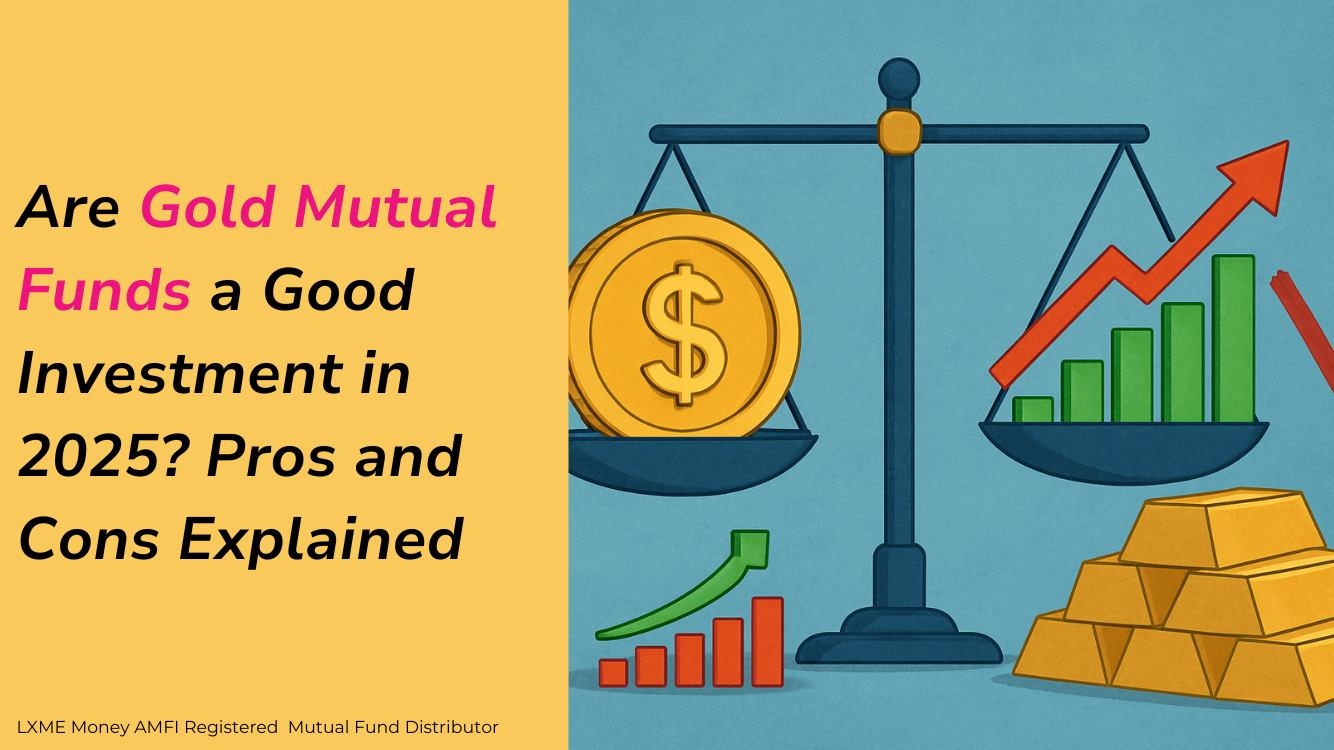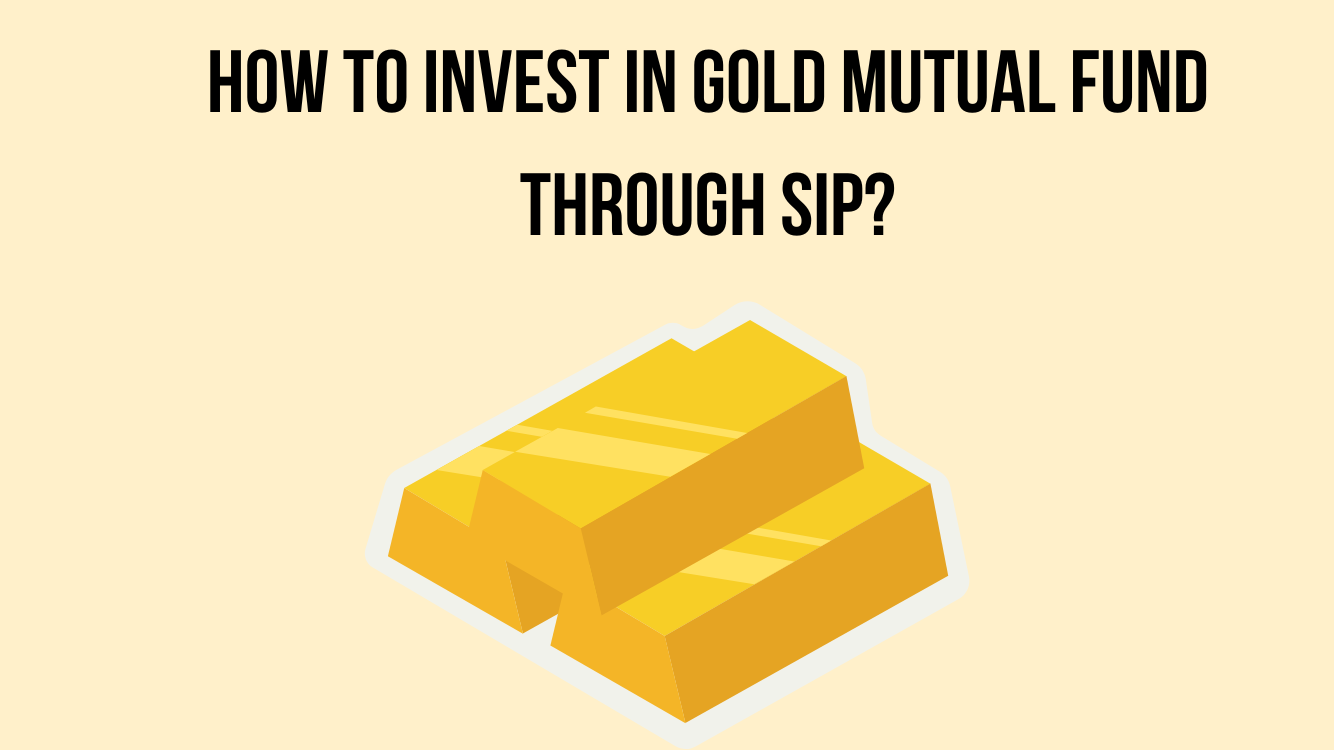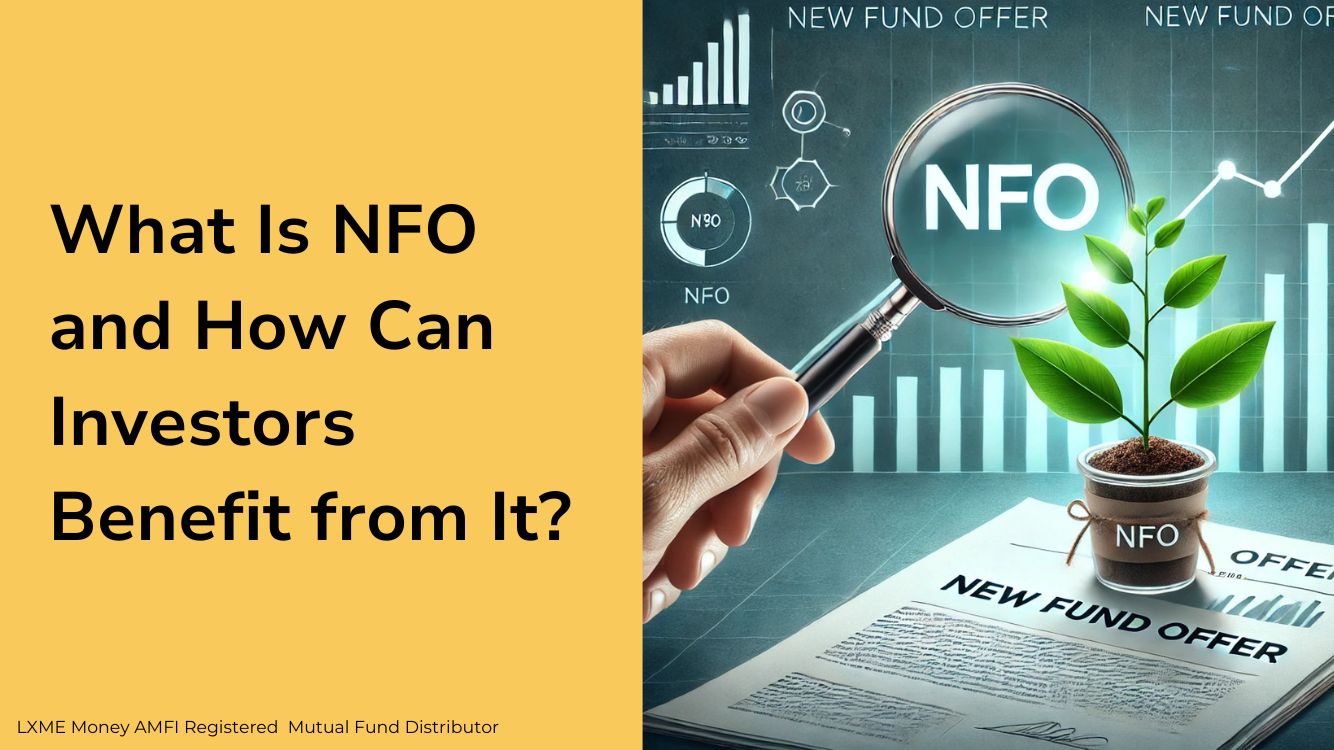Investing in mutual funds is a popular choice for many, offering a diverse range of investment options. However, there’s an important factor that investors need to consider – the stamp duty. In this informative guide, we delve into the world of stamp duty on mutual funds, exploring what it means for your investments and financial goals. Stay informed and make smart investment decisions with Lxme.
Investor Alert: Beginning 1st July 2020, a stamp duty of 0.005% would be levied on all mutual fund purchase transaction, in accordance with the orders issued by the Government of India.
Bottom line: If you invest in mutual funds for overnight or small durations such as few days to few weeks, then yes, you will be impacted!
BUT, analysis by team Lxme shows that short term to long term mutual investments can continue investing strongly and not worry because the impact is extremely negligible!
The shorter the holding period, the greater will be the impact on returns on your investments. While, it definitely is a reason to worry for large investors, who park their idle cash for a very short period of time, ranging from few days to a couple of weeks, our own analysis shows, short to long term investors have nothing to worry.
Now some deep-dive details for you to know & throw in your conversations (Heck! All of us want to be the smart one in the room, isn’t it ?)
And what transactions would attract this stamp duty??
Purchases include lump sum, SIP, Switch-in and Dividend Reinvestment transactions. All categories of mutual fund schemes (including Exchange Traded Funds) would be covered under stamp duty charges. However, there would be no stamp duty on any other mutual fund transaction, except for purchase transactions mentioned above.
And how does this impact the Mutual Fund Investor?
This stamp would impact the number of units of mutual funds issued to the investor. The unit allotted would be now on the invested amount less the stamp duty applicable.
Let’s look at an example to understand how will this stamp duty be charged?
Invested Amount: ₹ 10,000 Purchase amount = Rs.10000/- ; Stamp Duty = Rs. 0.49/- (Stamp duty calculation = 10000/100.005 * 0.005 = 0.49) In the given scenario Units will get allotted for Rs. 9999.51, Purchase amount column in the report will have the value of Rs. 9999.51 and Stamp Duty column of Rs. 0.49.
But wait, it also impacts investor returns. See “HOW”
For the ₹ 10,000 invested in a mutual; fund with an assumed annual return of 5%, we did our own quick analysis.
3-2
Investors with a very short duration of 1 day to 30 days, would be the most affected:
- Parking your funds for 1 day would mean losing out 1.79% of returns in annualised terms.
- This impact on returns reduces and becomes negligible as the duration extends beyond 30 days (0.06%) and 365 days (0.01%).
So, worry not dear Short term to long term investor, your money is safe & growing and the 0.005% is a teeny weeny deduction on your large returns.
Related Article You may Like :- Empowering Women to Invest in Mutual Funds and Achieve Financial Independence in 2023
FAQs – Common Questions on Stamp Duty On Mutual Funds
How is Stamp Duty Calculated on Mutual Funds?
Stamp duty on mutual funds is calculated based on the transaction value. It is currently levied at a rate of 0.005% on the purchase of mutual fund units.
Is There Stamp Duty on SIP?
Yes, stamp duty is applicable to SIP (Systematic Investment Plan) investments in mutual funds. It is charged on each SIP installment based on the transaction value.
What Is the Stamp Duty on Mutual Funds in Zerodha?
The stamp duty rate on mutual funds remains consistent across platforms, including Zerodha. It is charged at 0.005% on the transaction value of mutual fund purchases.
Stay informed about stamp duty regulations and their impact on your investments with Lxme. For more details, visit our blog: Stamp Duty On Mutual Funds.
Discover Lxme’s latest insights and tips on financial empowerment in this captivating Instagram Post. Click to know more!
To stay connected with Lxme and access inspiring content, follow us on Instagram and subscribe to our YouTube channel.
Share this blog with your family and friends if you find it insightful!!
Download the Lxme app now to start investing!












